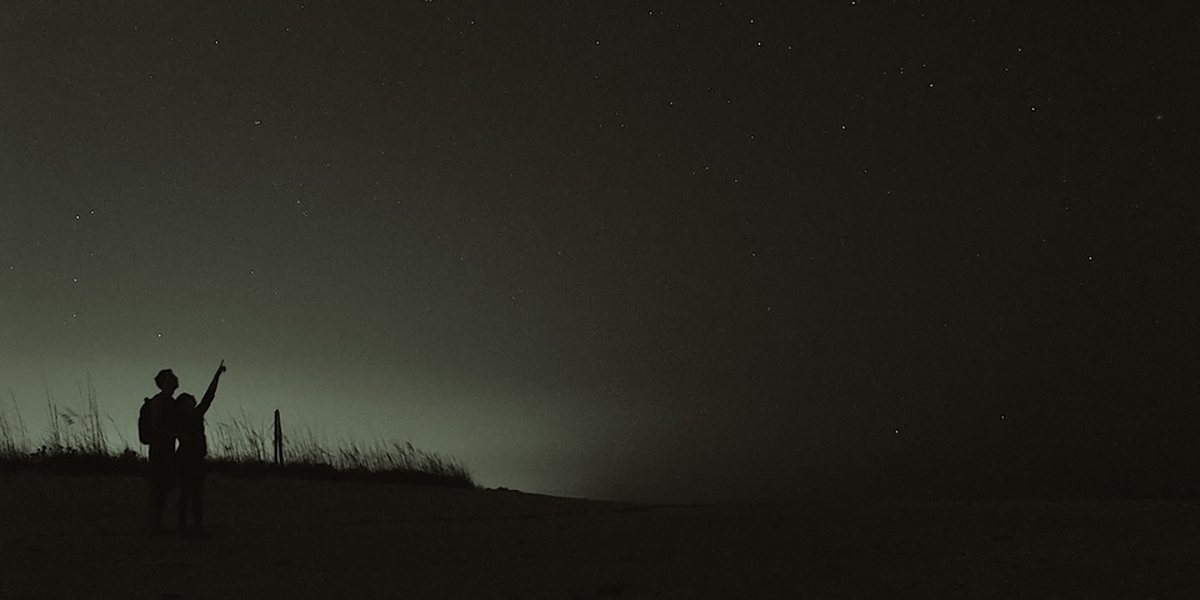
We sat down with Jarred Donkersley, Celestron’s Assistant Marketing Manager, to discuss how anyone can get started with stargazing, why astronomy is important,and his favorite space missions.
Celestron has been in business for over 50 years. How did it get started?
It all started when Tom Johnson, our founder, discovered an inexpensive way to mass produce the corrector plate of the schmidt-cassegrain telescope, making wide, short tube designs affordable for amateur astronomers. Since then there have been countless innovations, but we’ve always stayed true to our roots and dedicated to the hobby and our customers.
How should stargazing newbies get started? Give us a Stargazing 101.
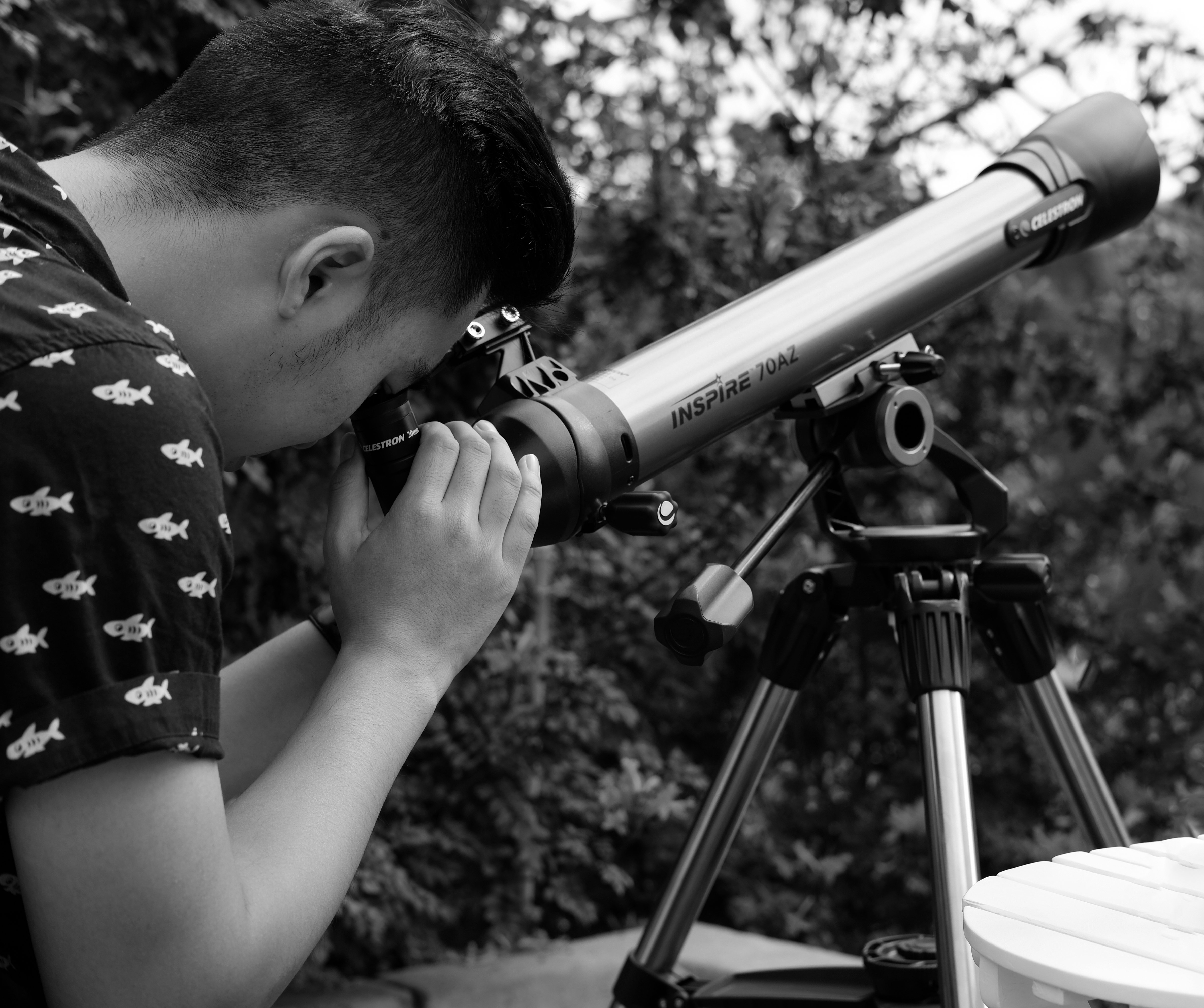
- Go outside tonight and look up. Do it again tomorrow night. Now do it for longer. What do you wonder about? What questions do you have? Do you know how and when to find the Moon and planets? Search out astronomy communities on your favorite social media sites and ask questions.
- Get some free apps to follow the cycles of the Moon and the motions of the planets, such as Celestron’s SkyPortal astronomy planetarium app.
- Set aside some money and invest in a pair of astronomy binoculars like our SkyMaster Pro 15x70s, an entry level telescope like our Inspire 70AZ with built in smartphone camera adapter, or even an intermediate level NexStar Evolution telescope with built in WiFi.
- Read some books and magazines, watch some documentaries from the BBC or NOVA.
- Learn about light pollution, where you can go to escape it, and what you can do in your community to preserve dark skies.
- Connect with like-minded individuals and groups such as a local astronomy club.
-
GO CAMPING!
- Share your newfound passion with your friends and family.
- Follow SpaceX, NASA, and ESA on social media and in the news and promote their launches and missions.
- Find the young people in your circle and teach them about the night sky, or donate your time and energy to a local organization or observatory.
-
Ask questions, get involved, find the cosmos in your daily life and make space your business.
Why do you think it’s important for people to learn about astronomy?
Knowledge of astronomy is essential for a proper understanding of what it means to be a human being. I’m not talking about the math part, though that is important too. Astronomy used to be taught to everyone seeking a liberal education as it was the study of number (arithmetic) in time (music) and space (geometry).
Astronomy combines our highest aspirations towards beauty, harmony, and mathematical order with the everyday experience of living on planet Earth. We learn to identify with and strive for the unknown, the unintuitive, and the unimaginable. Astronomy connects us to all humans throughout all time and teaches us to not be afraid of the dark.
If you could, which planet or celestial body would you want to travel to?
I’d want to scuba dive or take a submarine voyage in the subsurface oceans of Jupiter’s moon, Europa. There’s probably at least primitive life down there and if we find life twice in our own solar system, that basically means it’s everywhere in the universe wherever conditions are favorable.
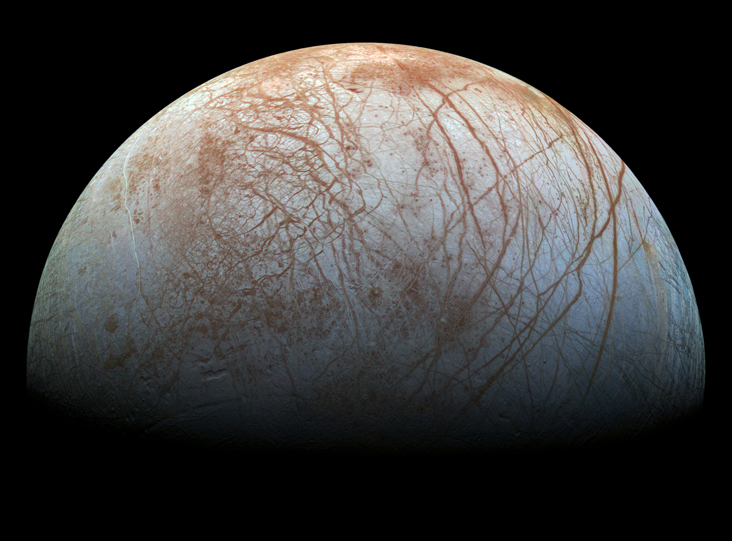
Favorite space mission of all time?
There’s really so much amazing science being done by NASA (and now some of the other space agencies like ESA) that it’s impossible to name only one. How about a Top 5?
- Apollo 8 – Earthrise image
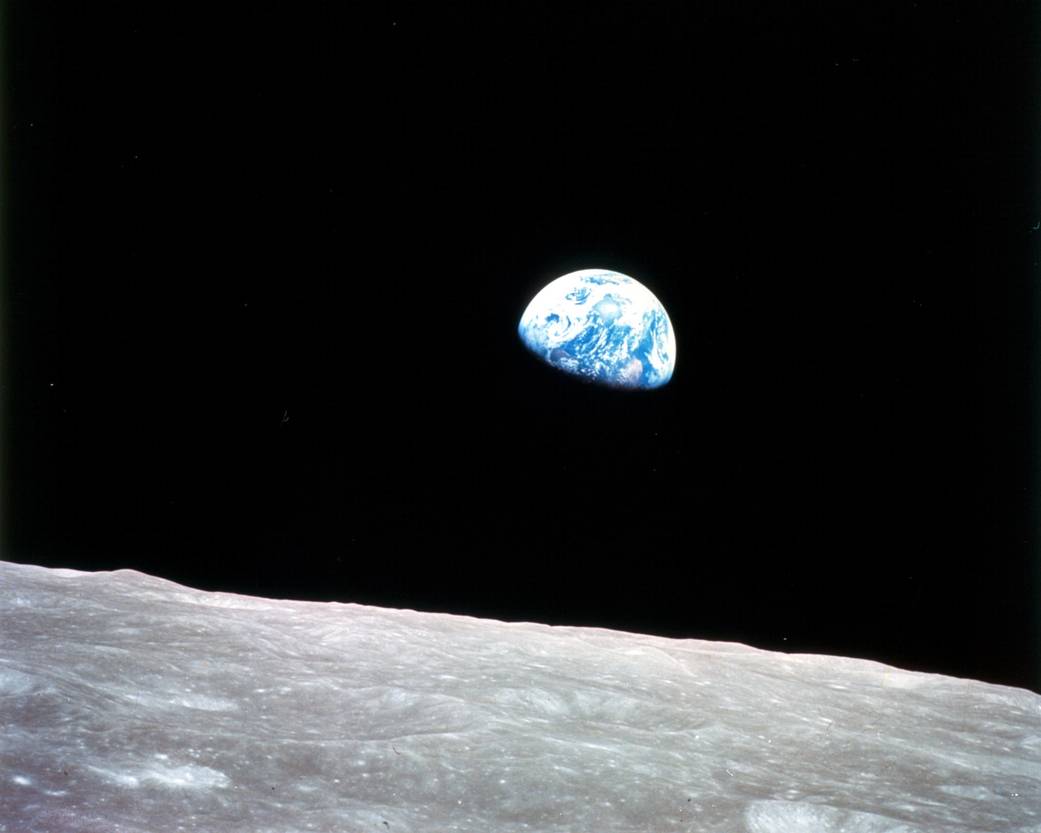
2. Apollo 11 – One small step
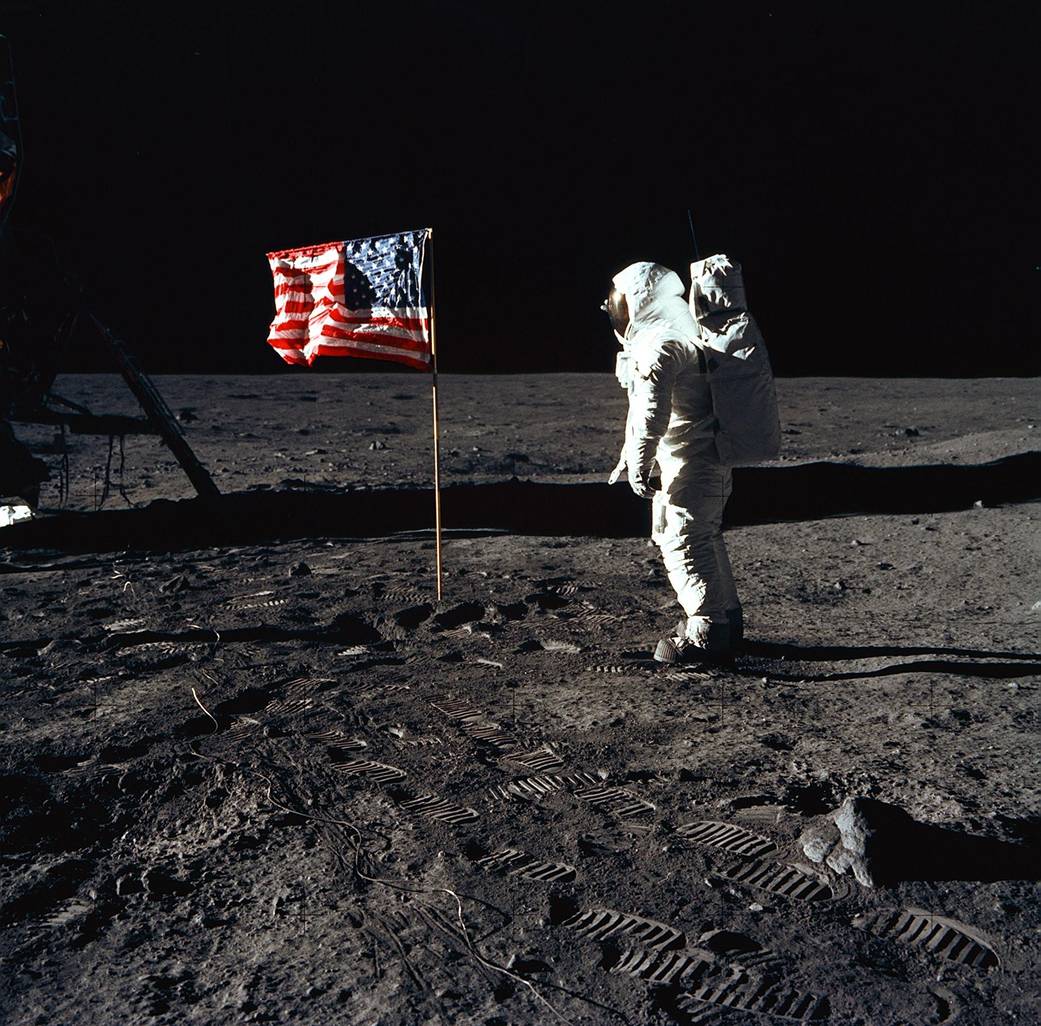
3. Cassini – Imaging the mysteries at Saturn
4. Voyager – The grand tour of the solar system with Carl Sagan’s gold record
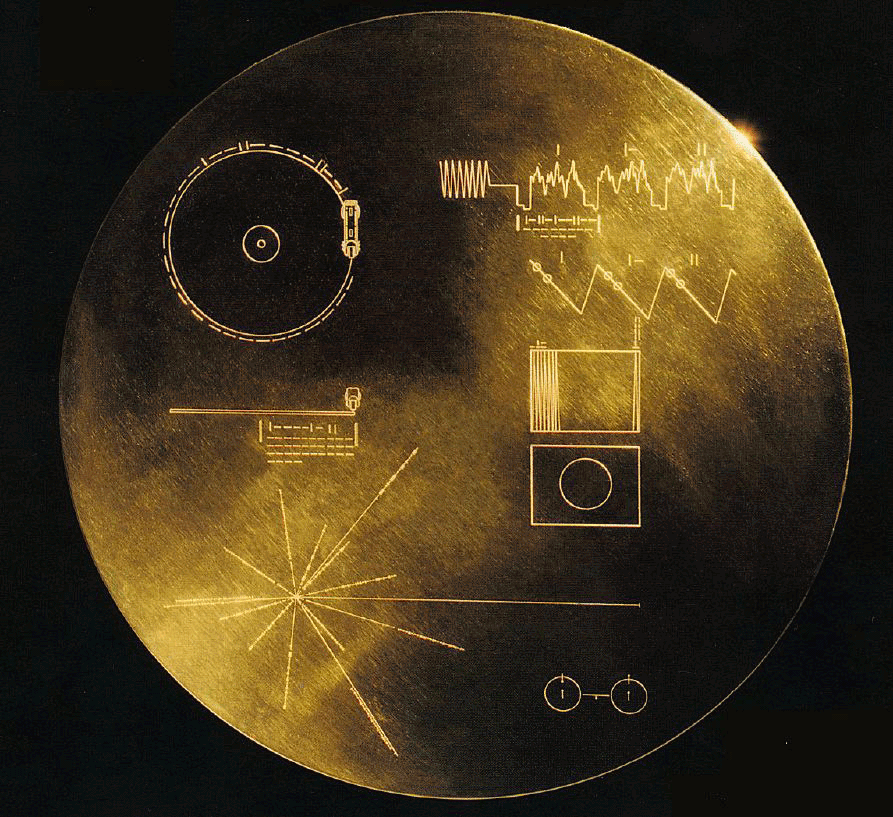
5. New Horizons – Investigating the heart of Pluto

What do you love most about astronomy? Why do you think others should love it too?
I love the change in perspective. I love knowing where the planets are along the ecliptic and how they are lit up compared to the Moon during a conjunction that gives you a real sense of space and geometry of the solar system. I love feeling small and insignificant and yet completely at home and natural. I love the feeling of awe and wonder and the limitless promises of the future that the sky always holds. I love feeling connected to ancient peoples. I love learning about the history of astronomy, the paradigm shift, and the personalities who clashed with the existing belief structures.
I think others should love astronomy because they already do. They always have. Some even tried to study it in high school or college until they found out that in school it’s all math. But it doesn’t have to be! It doesn’t have to cost $10,000 and you don’t have to sit in the dark, in the cold, in the middle of some forest. You can spend a couple hundred bucks and relax on the porch with your friends and family.
We all have to take seriously the notion that it’s our responsibility to understand the universe. There’s always something to see, you just have to look up.
Read Part II of this interview where Jarred tells us more about the product development process at Celestron and the community events they put on for outer space lovers and amateur astronomers.
